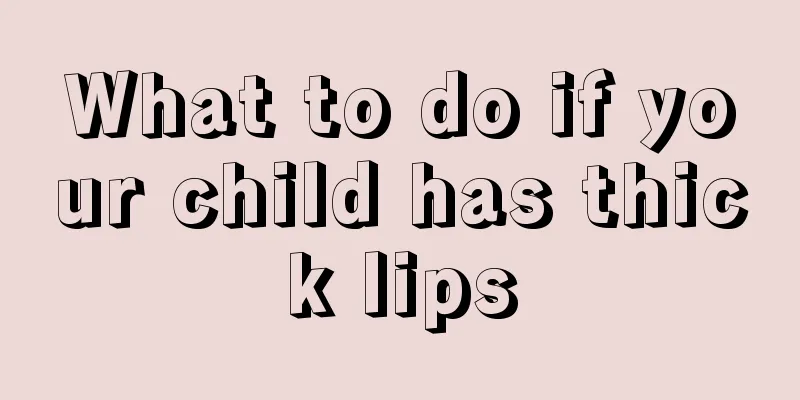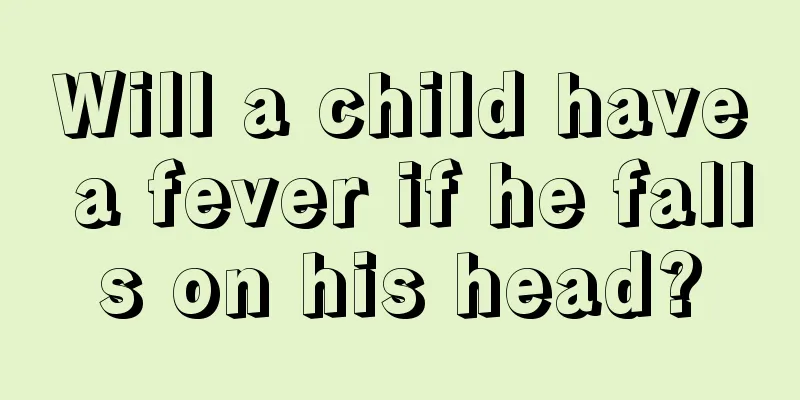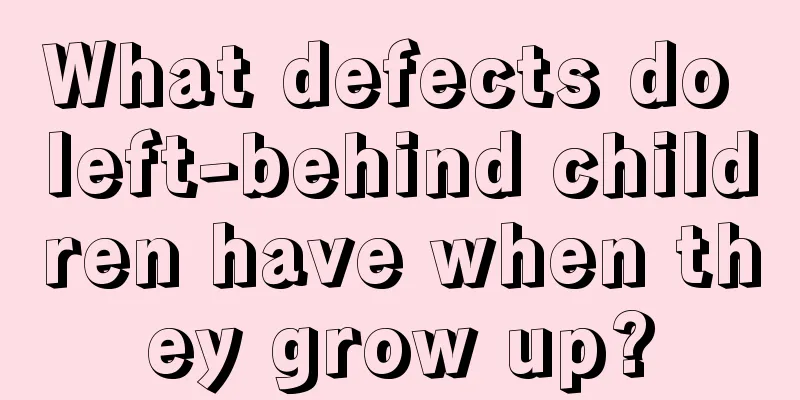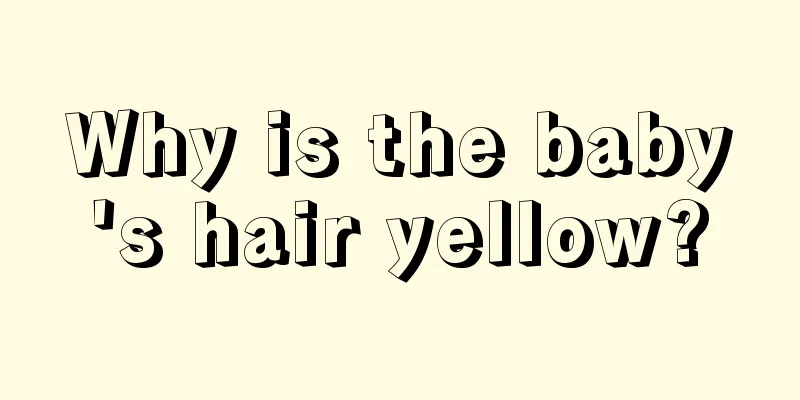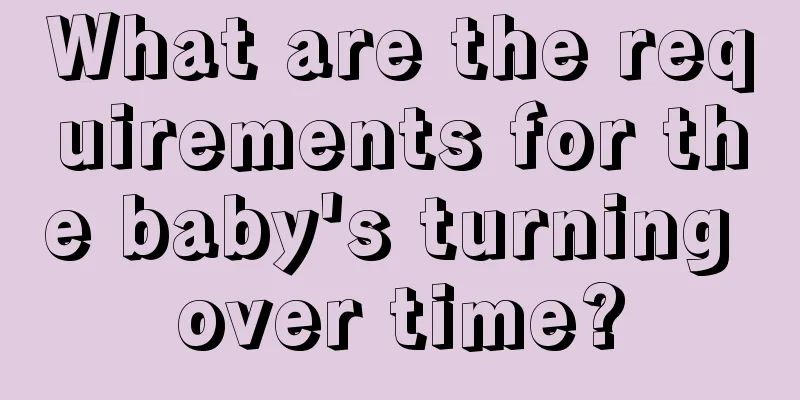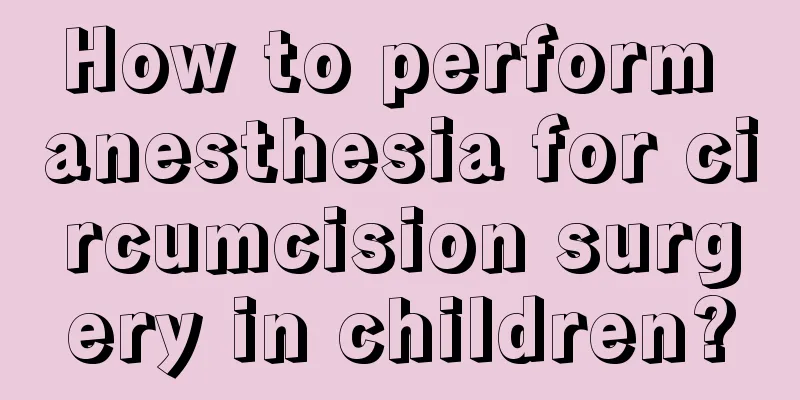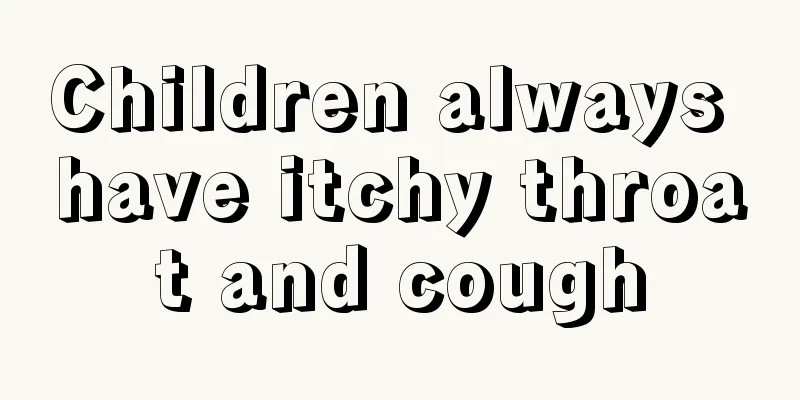What vaccines should babies get at five months old?
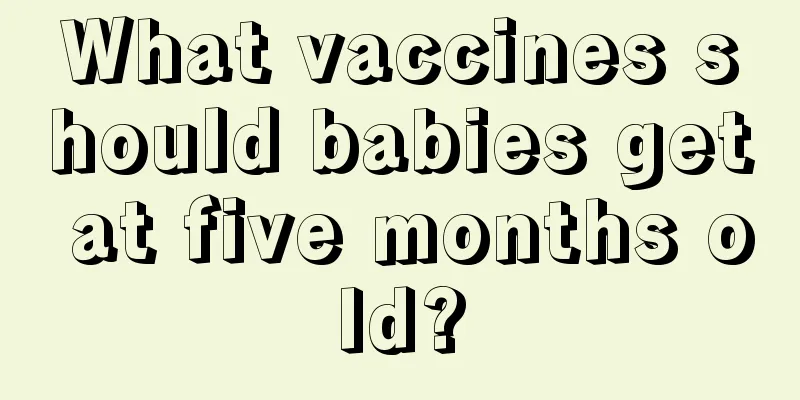
|
Babies are the apple of their parents' eyes, and parents are very concerned about their babies' physical health. Therefore, they are given some vaccines when they are very young, mainly to prevent some physical diseases and cause some harm to the baby's body. Babies need to be given some vaccines at different ages, mainly because some vaccines will make babies feel unwell if they are given when they are very young. This leads to some vaccines being injected in stages. What kind of fish? I will tell her baby what kind of vaccines are needed to prevent what kind of diseases? The general immunization schedule for healthy children aged 0 to 6 years is as follows: 1 month old: Hepatitis B vaccine for newborns. 2 months old, polio vaccine (sugar pill). 3 months of age: polio vaccine (sugar pill), diphtheria, pertussis and tetanus triple vaccine. 4 months of age: Polio vaccine (sugar pill), DPT vaccine. 5 months of age: DPT vaccine. 6 months of age: neonatal hepatitis B vaccine, serogroup A meningococcal vaccine. 8 months of age: measles vaccine, Japanese encephalitis vaccine. 9 months of age: Group A meningococcal vaccine. 18 months of age: DPT vaccine, measles vaccine. 24 months of age: Japanese encephalitis vaccine. 3 years old: Group A+C meningococcal vaccine. 4 years old: Polio vaccine (sugar pill). 6 years old: Group A+C meningococcal vaccine, diphtheria-pertussis combined vaccine. But it may be different in different cities, so you should consult the local hospital for specific circumstances. Why should we get vaccinated? Vaccination can enhance the body's immune ability, improve its own resistance, resist the invasion of pathogens, and thus play a role in protecting the human body. Therefore, everyone will be vaccinated in a planned manner after birth. Infectious diseases such as hepatitis B, measles, and polio are controlled through planned immunization. Vaccination is a good thing, but not every newborn can be vaccinated. If the baby has a history of allergies, contraindications such as immunodeficiency, or a history of brain diseases such as epilepsy (epilepsy), he or she cannot be vaccinated. Many parents are afraid of side effects after giving their children the vaccine and refuse to vaccinate their children. Since the vaccine is also a pathogen, it is injected into the human body and then the body's memory function produces antibodies against the virus. Some people will experience side effects after the vaccine is injected, but this situation is relatively mild and can recover on its own. Parents do not need to worry too much. For the future health of their children, they still need to get vaccinated on time. |
<<: Eight-month-old girl allergic to leprosy vaccine
>>: Newborns cry after vaccination_Newborns cry at night after vaccination
Recommend
Medicine for jaundice in newborns
For mothers, the happiest and most painful moment...
How to make delicious vegetable porridge for babies
Many children need to add appropriate complementa...
My baby's ears are swollen, what's going on?
There are many reasons for swollen ears, the most...
What to do if your child's throat is inflamed and swollen
Everyone knows that children's physical const...
What to do if a child has a sore throat
Children may have blisters in their throats. This...
What causes acidic stool in babies?
If a baby has acidic stools, parents will definit...
Red skin on child
We all know that when babies grow and develop, th...
Is it normal for children to change their teeth at the age of five and a half?
Tooth replacement is an experience that every chi...
What to do if your child has thick lips
Everyone likes thin lips. Many parents worry that...
What to do if tooth decay hurts
Tooth decay is a very common problem. This type o...
What to do if you have oral hemangioma in a newborn
I believe that many people with children know wha...
What causes nosebleeds in children at night?
Some children are normal during the day, but some...
What should I do if my child has growing bone pain?
Some children in the growth and development stage...
Three-year-old child has diarrhea
Parents will be very anxious if their children sh...
Treatment for baby shaking head before sleeping
Nowadays, it is not uncommon to see babies shakin...
